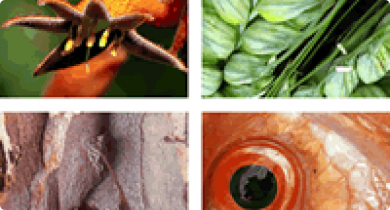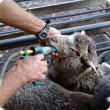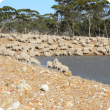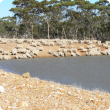Biosecurity
Biosecurity is fundamental for safeguarding our valuable agricultural resources against the threat and impacts of pests, weeds and diseases (pests).
Biosecurity is the management of the risk of animal and plant pests and diseases entering, emerging, establishing or spreading in Western Australia, to protect our economy, environment and the community.
To protect Western Australian agricultural industries from pests the Department of Agriculture and Food, Western Australia:
- Works with stakeholders to identify and manage biosecurity risks.
- Develops legislation.
- Establishes import controls.
- Conducts inspections.
- Provides quarantine services as required.
To find out more about what we do to protect agricultural production and export opportunities within the State please search our website.
Articles
Filter by search
Filter by topic
- (-) Remove Feeding & nutrition filter Feeding & nutrition
- Livestock management (10) Apply Livestock management filter
- Livestock biosecurity (10) Apply Livestock biosecurity filter
- Livestock & animals (10) Apply Livestock & animals filter
- Livestock health & diseases (7) Apply Livestock health & diseases filter
- Pests, weeds & diseases (7) Apply Pests, weeds & diseases filter
- Livestock disease surveillance (7) Apply Livestock disease surveillance filter
- Diseases (7) Apply Diseases filter
- Stockfeed (4) Apply Stockfeed filter
- Livestock species (4) Apply Livestock species filter
- Sheep (3) Apply Sheep filter
- Water management (1) Apply Water management filter
- Water (1) Apply Water filter
- Pigs (1) Apply Pigs filter
- Climate, land & water (1) Apply Climate, land & water filter
- Beef cattle (1) Apply Beef cattle filter








